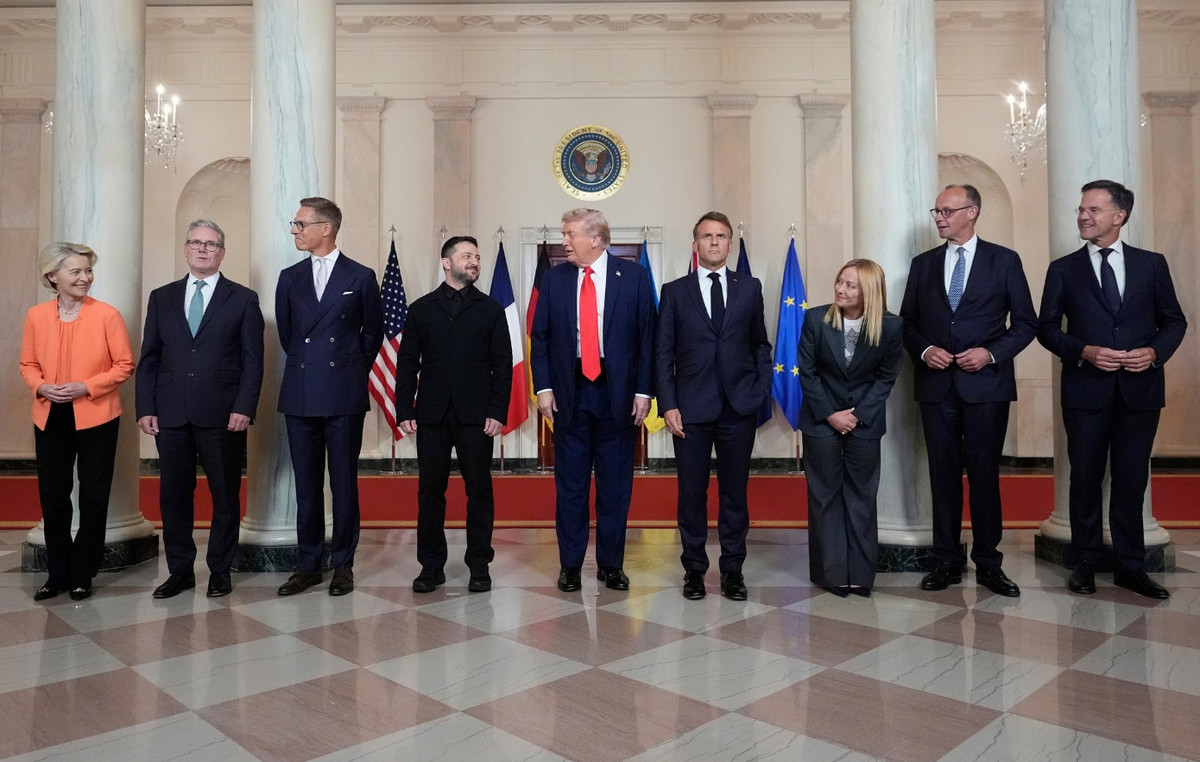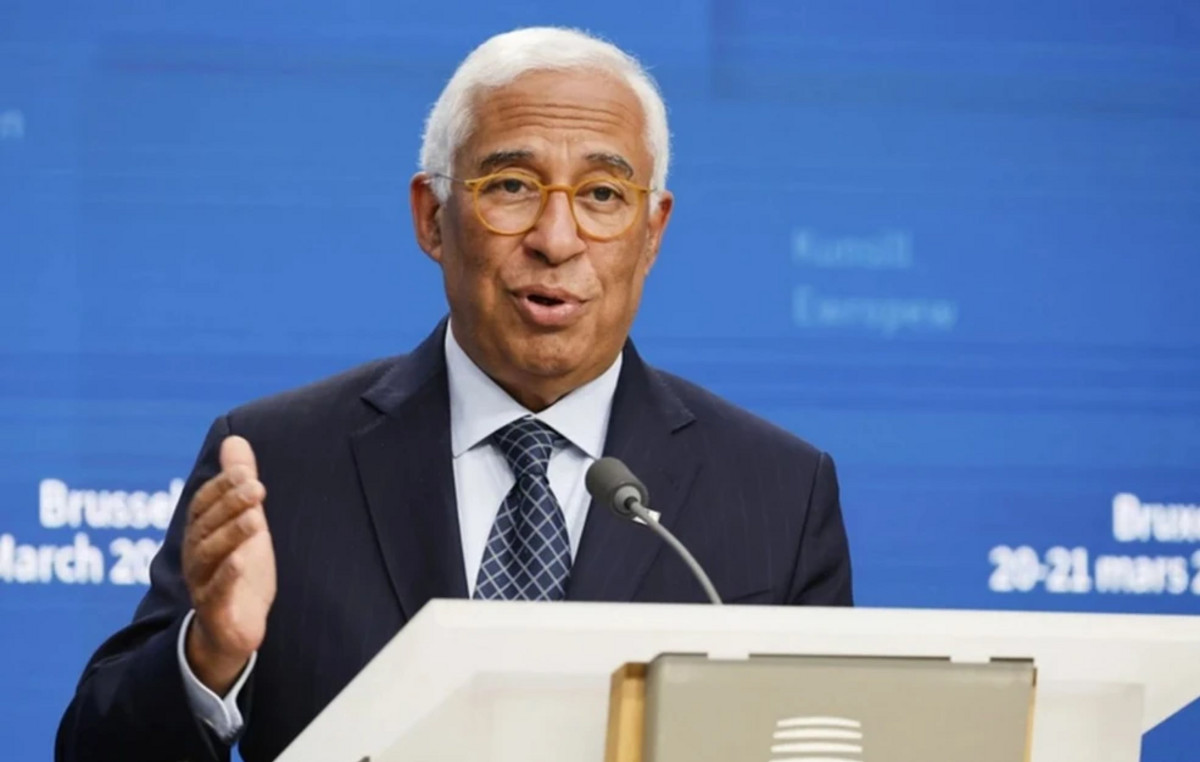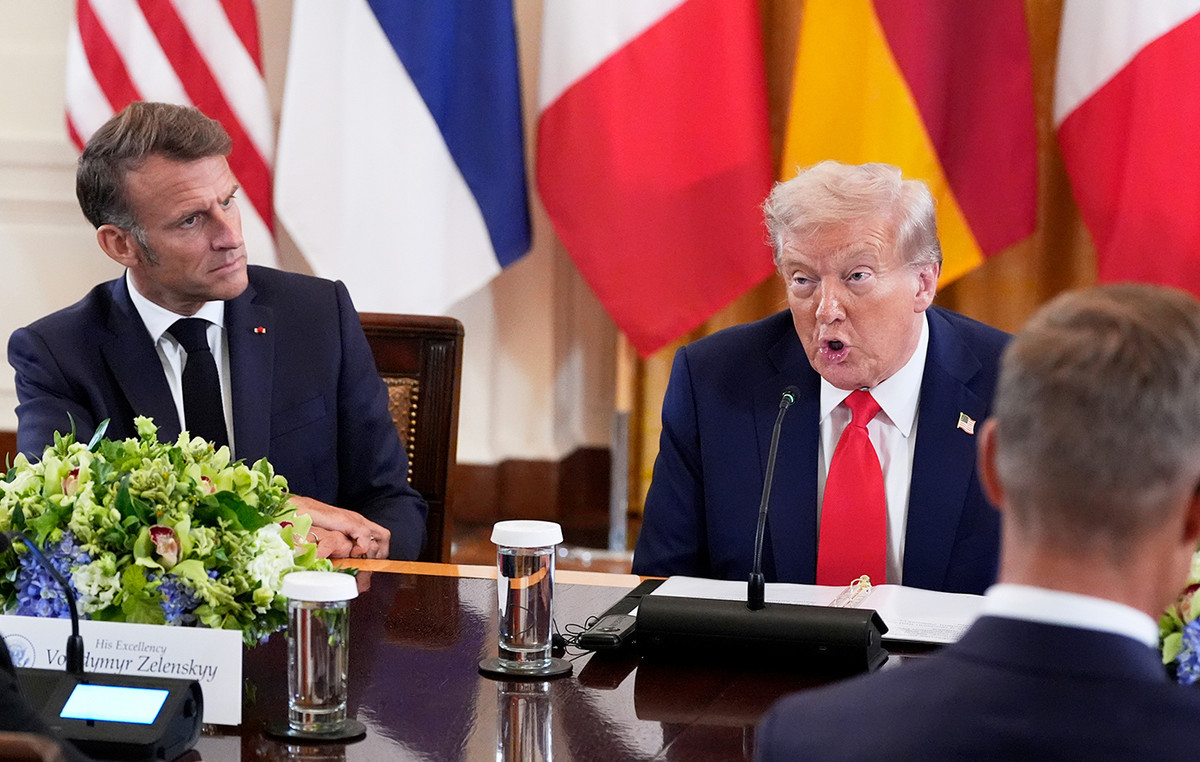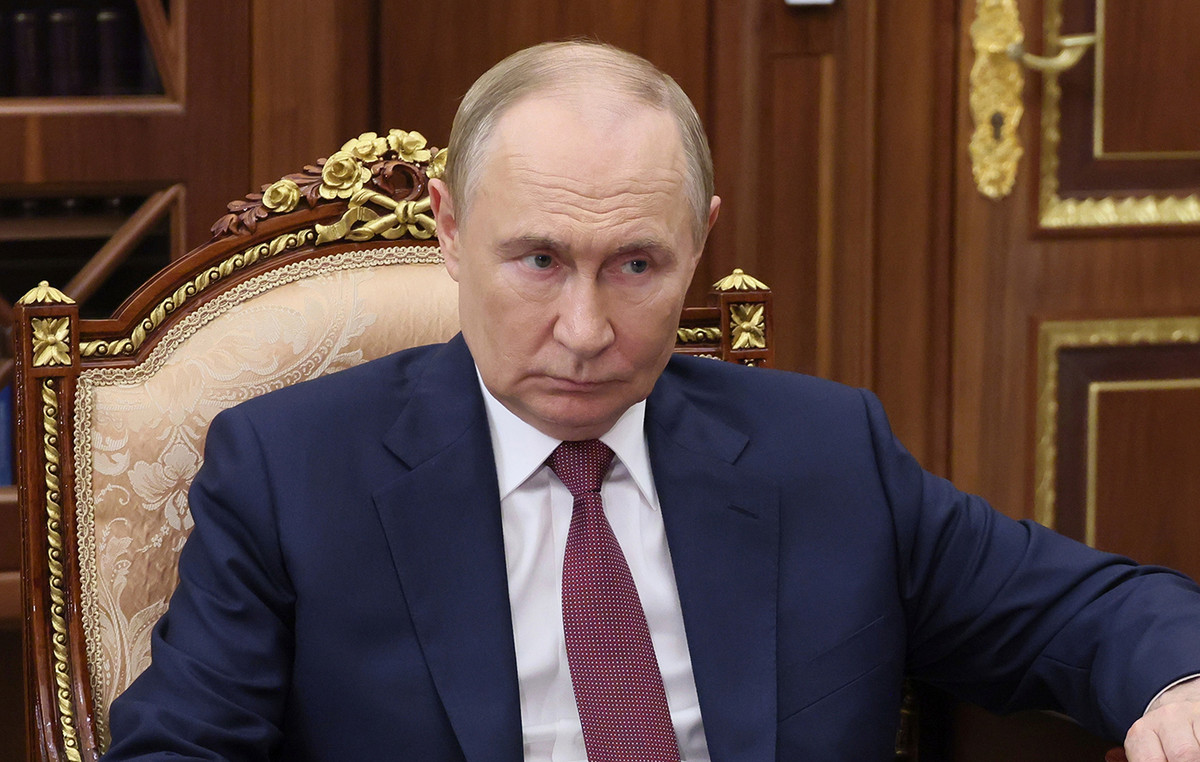During an event by the Federal Audit Court (TCU) on the capitalization of Eletrobras, the Minister of Economy, Paulo Guedes, said that the company, in its current format, will be at risk and will compromise Brazilian energy security if the country grows with stronger in the coming years.
“We see visible signs that if Brazil grows as we expect it to grow in the coming years, with a stronger growth rate, the company will not be able to invest in its current corporate structure, it will put itself at risk, it will losing market share and jeopardizing the future of Brazilian energy security”, said the minister.
“Is it over there [Eletrobras] today it reaches almost 30% of the generation, almost 40% in the transmission. It is losing this market share and is compromising the future of Brazilian energy security”.
During the event, Guedes said that today the state-owned company would need to invest R$ 15.7 billion a year, but it has the capacity to disburse around R$ 3.5 billion annually.
“Profit looks like it’s just over 5 billion this year [foi] slightly lower than the previous year, which was slightly lower than the previous year. So you see the visible signs, that if Brazil grows as we expect it to grow in the coming years with a stronger growth rate, the company will not be able to have the investment capacity with its current corporate configuration”.
Eletrobras is racing against time to complete its privatization within the current schedule, which provides for the settlement of the share offering by May 13. This is the deadline for the operation to be carried out based on data from the fourth quarter of 2021. TCU is analyzing the modelling, valuation and minimum capitalization price.
For the minister, the capitalization of the state-owned company will allow the recovery of hydrographic basins and investments in nuclear energy, in addition to providing reasonable tariffs for the population. According to him, the operation will unlock investments in the energy sector.
possible exit
As a solution, Guedes stated that a solution is being designed with the Minister of Mines and Energy, Bento Albuquerque, who mobilizes BRL 100 billion, with more than BRL 30 billion going to tariffs, with the objective “to transfer the hydrological risk for transmission rather than for the consumer”.
The amount will also be used to mobilize resources for the repair of watersheds.
Guedes says that a constant problem is, in addition to more expensive energy, price instability. “Sometimes you have to put a flag up there, then you lower the flag. Today, there is a whole system with problems that we have to solve by transferring this hydrological risk, taking it away from the consumer”.
and with information from Brenda Silva, from CNN Brasil
Source: CNN Brasil
I am Sophia william, author of World Stock Market. I have a degree in journalism from the University of Missouri and I have worked as a reporter for several news websites. I have a passion for writing and informing people about the latest news and events happening in the world. I strive to be accurate and unbiased in my reporting, and I hope to provide readers with valuable information that they can use to make informed decisions.







